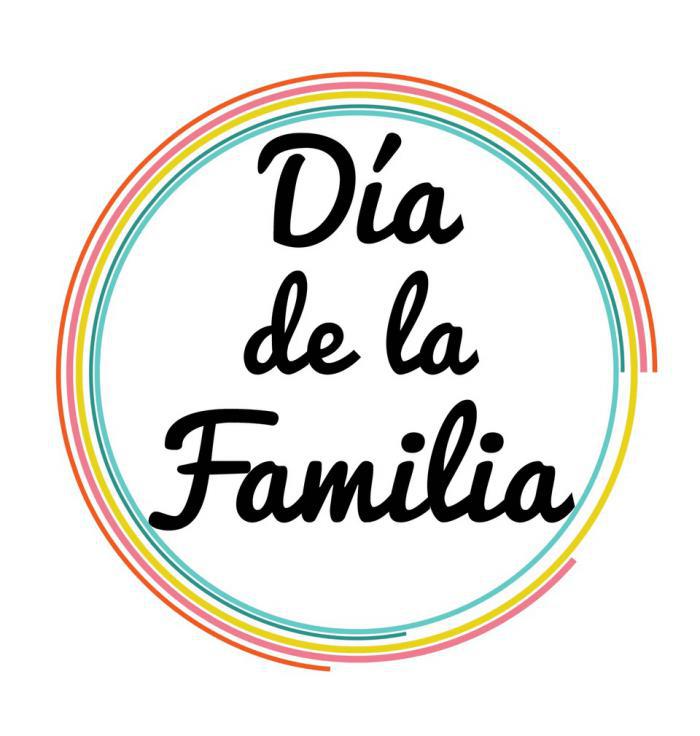
Martí, an perpetual symbol of all just thought that can be invoked, said "Families are like the roots of peoples..." And he was absolutely right when he defined families as the basic support and anchor of societies and essential to their progress.
During the commemoration of International Families Day, May 15, First Secretary of the Party Central Committee and President of the Republic, Miguel Díaz-Canel Bermúdez, celebrated the occasion on his Twitter account, with a call to move forward “in the elimination of any expression of discrimination, prejudice or violence in the family environment and society."
Where
"Where there is love, there is a family," Diaz-Canel tweeted, emphasizing the fundamental reason, above all others, why families are created.
All families are experiencing changes at the speed of light, given contemporary influences, the increasingly importance given affective issues and other socioeconomic factors. But this vertiginous pace of change has not been reflected with the same urgency in the legal field, in order to provide families and their members greater protection.
With the new Magna Carta of 2019, Cuba gave new dimensions to the protection of these social groupings, by explicitly including a chapter on families, and established, from the constitutional point of view, recognition and protection of families, "whatever their form of organization, as the fundamental cell of society."
The Constitution assumed a plural, inclusive tone, in accordance with our existing reality, and ended a preferential approach to a single type of family, to address all existing models, as varied as our people’s preferences in their affections and homelives.
The Constitution, therefore, raised the bar, on the one hand, for the rest of the legal system, challenged today to be consistent with the country’s supreme law and, on the other hand, for society, which is urged, as a dear professor likes to say, to assume an ecumenical and human rights view of families, regardless of who they include and how they are constituted.
This vision does not pretend to impose, and much less promote, one family model or another, since they already exist all around us, among our neighbors, workmates, acquaintances of acquaintances.... It is a matter of enforcing all rights for all people, without affecting those who have always enjoyed them.
The Constitution itself, as a legal umbrella, establishes that the exercise of rights cannot infringe on the rights of others. In these terms, how can a family’s rights be affected when another family, of any model, gains legal protection in the event of a conflict and legal tools to settle such issues?
No one should be so powerful as to determine, or even have an opinion about what type of family is right for everyone. The choice is, or should be, an individual one, based on love, respect and the existence of a shared life project.
For the English novelist Gilbert Keith Chesterton, "The place where children are born and men die, where freedom and love flourish, is not an office or a store or a factory. This is where I see the importance of the family." And this is where we should all see it.















